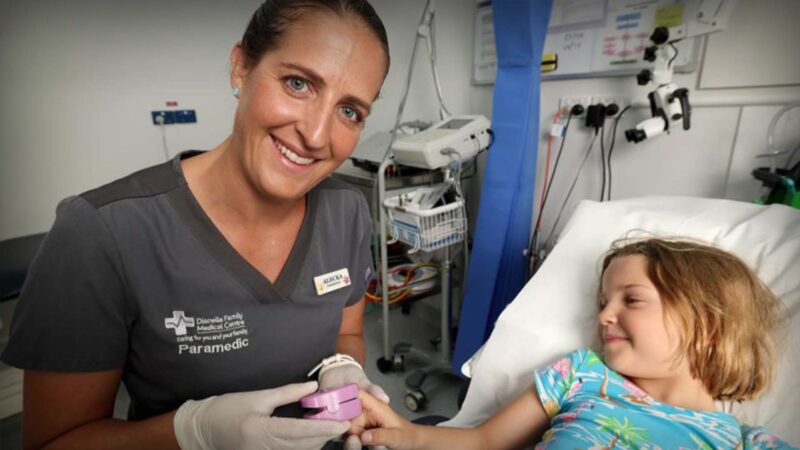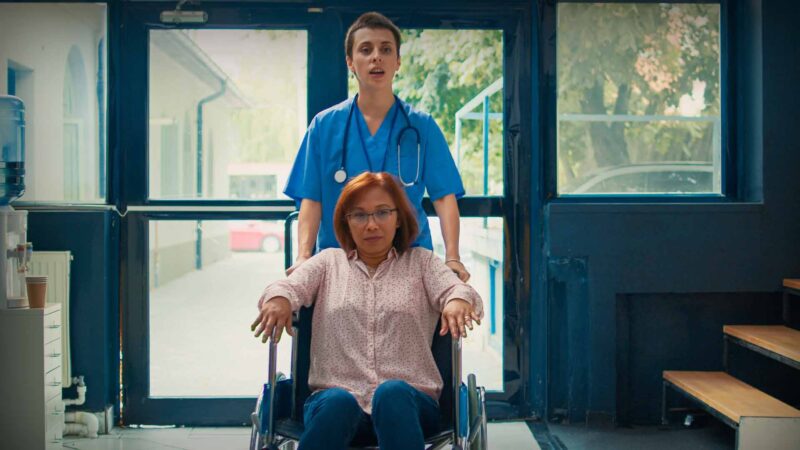People In Health Care; Dr Gaj Panagoda,
empowering underprivileged communities
Xstitch Health takes project based approach to
creating community-driven,
sustainable health outcomes
Dr Gaj Panagoda, CEO of Xstitch Health, has a diverse medical background and is working to improve health systems for underprivileged communities. In the Australian Health Journal’s People In Health Care series, he talks about the changes needed in community-based care using a project based approach,
According to Dr Panagoda, there is a need for a shift towards community-based care and collaboration with stakeholders in the healthcare system, and the potential to create a new kind of socially conscious, inspired, community-informed medical specialist is the future of medical specialty care.
Project-based job outcomes are clear, post-COVID community-based health systems are innovative, and the six pillars of Xstitch involve working with communities to identify strengths and challenges, collaborating with stakeholders, and deciding what’s needed.
Communities, including underprivileged ones, have untapped strengths that can be harnessed for their own healthcare journeys, and Xstitch Health aims to do something different by focusing on change management, policy, and governance.
“We are looking at a unique model to fund health projects based on community-defined issues and deliverables, with most interest coming from schools”, says Dr Panagoda.
He’s seen, schools in underprivileged areas that are providing services for students with particular needs, are interested in working better with health systems, to address acute issues.
Dr Panagoda believes medical specialists in Australia have untapped potential to address the wider needs of patients and can start taking action on their collective knowledge without waiting for higher positions.
Xstitch Health offers a new kind of job for doctors, combining patient care with system improvement and the opportunity to work in various locations.
Health professionals need support in their role in communities and a collaborative model for medical specialists is being developed to have a big impact across Australia.
You Might also like
-
Study reveals socioeconomic barriers to children’s healthcare access
Research published in the Australian Journal of General Practice (AJGP) has revealed mental health and developmental–behavioural issues such as ADHD are the most common paediatric referrals in metropolitan general practices.
But the research also revealed children at higher risk are less likely to get the care they may need.
-
Diary of a Paramedic in a primary health care clinic
Alecka Miles is a lecturer at Edith Cowan University and works as a paramedic in a multidisciplinary team at Dianella Family Medical Centre in Metropolitan Perth, Western Australia.
Community paramedic roles have a history in Australia, dating back to 2007 in New South Wales and followed by similar initiatives in South Australia and New Zealand. Alecka’s position emerged after she sought to evaluate how paramedics could integrate into general practice, ultimately leading to a job offer post-COVID lockdown in 2020. Her skills, particularly in cannulation, proved valuable as healthcare shifted towards primary care.
-
Redefining diversity in clinical trials
Ensuring inclusion, diversity, equity and patient input in the development of novel drugs and medical devices has become well accepted in health care. However appropriate implementation of these elements has been a challenge for many. Only by implementing these conscious inputs can patient outcomes be improved and health disparities in marginalised groups be addressed.
Australian Health Journal spoke to Gillian Mason, Consumer and Community Involvement Lead at Hunter Medical Research Institute in Newcastle, NSW on this topic discussed at the recent ARCS Conference in Sydney.



